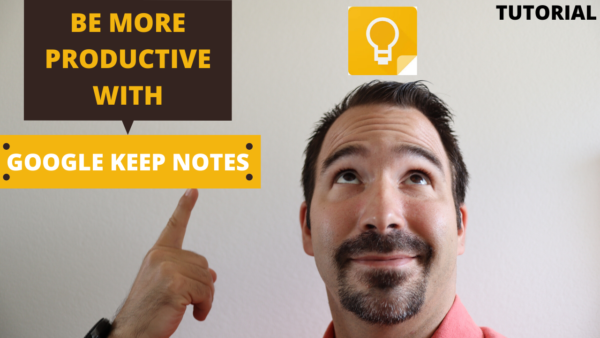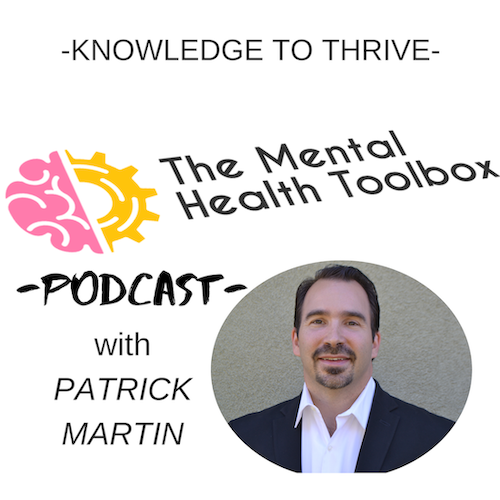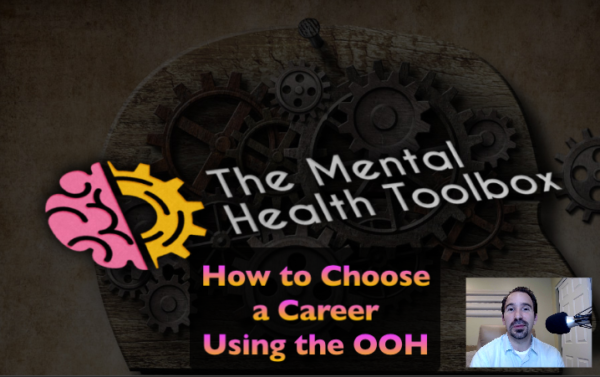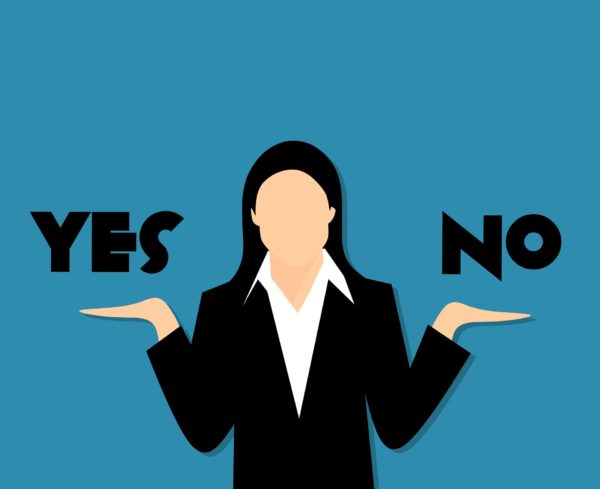I can quickly create a note, label it, color coordinate it, and even turn it into a checklist! I can even send it to Google Docs and print it out from there, as I often do when creating Chore lists for my daughter.
MHT EP#13: Interview with Dr. Lori Whatley
In this episode, I interview Dr. Lori Whatley, a Clinical Psychologist that specializes in the effects of digital device usage on both individuals and businesses. This Episode’s Guest WATCH THE INTERVIEW BELOW LISTEN TO THE INTERVIEW BELOW About Dr. Lori Whatley Dr. Lori Whatley is an Author, Speaker and Consultant. She is a a Clinical Psychologist […]
How To Find A Therapist
I created this tutorial on How To Find A Therapist, because I feel there is a lack of knowledge for consumers on how to access care in a targeted and timely fashion.
How To Choose A Career
The real power of the Occupational Outlook Handbook, or the OOH as I like to call it, is that it allows a seamless way for the user to compare and contrast apples to apples, or even apples to oranges, job categories, their subsets and drill down into the details of their traction and return of investment in the marketplace. This makes answering the question of how to choose a career much less painful, and actually a little fun.
Why Boundary Setting Is An Important Part of Mental Health
Becoming skillful in boundary setting is a lifelong pursuit, but the better you become at establishing healthy boundaries in the early formation of relationships, the lower the propensity will be for triggers to manifest in your environment.
Addressing your Obstacle To Interpersonal Effectiveness.
In this post, you will learn methods for addressing obstacles to interpersonal effectiveness, using your new skills, in order to improve your people interactions and foster healthy relationships. This article emphasizes the power and importance of choice within relationships as a means to how we relate to those around us.
Communication For Improving Relationships
Regardless of the type of relationships you have, communication is the cornerstone of all healthy interactions. Effective and efficient communication is not an inherent skill that is bestowed on the more fortunate or in some DNA lottery. It is a skill that is learned and improved upon, first through modeling, then application by lived experience, trial, error, adjustment and reapplication.
Overcoming Barriers To Healthy Relationships.
Despite what our comparative thoughts may tell us, even the most ideal of relationships are not without their arguments. Disagreements and arguments have three basic themes. If you are able to gain a greater understanding of these themes, you will be better equipped to mitigate the fallout when they occur and focus your energies on protecting the relationship. In learning to be more effective at overcoming barriers to healthy relationships, it is crucial to know what the biggest hurdles are. If you or a loved one is exhibiting symptoms of depression, you will want to assess for the following culprits.
Managing Depression in Relationships.
Let us start off by reflecting on why relationships are so important to begin with. The social interactions we have with others have the potential to produce positive outcomes in the way that we interpret our environment, our sense of self (self-concept), our relation to the world around us (self in context) and our prospects for the future. Our interactions with others also allow for a shared experience of the human condition, which in and of itself, has a comforting impact.
Leverage Healthy Activities To Increase Goal Oriented Behavior.
We know that depression depletes our sense of motivation and with it our notion of purpose. As we begin to make traction in recovery, we regain some our energy. If we have not thought out our goals in some fashion, then our periods of motivation are at risk of being lost to points of indecision. I cannot emphasize enough the importance of striking while the iron is hot, and in order to do that, we need a sense of direction before the motivation kicks in.










